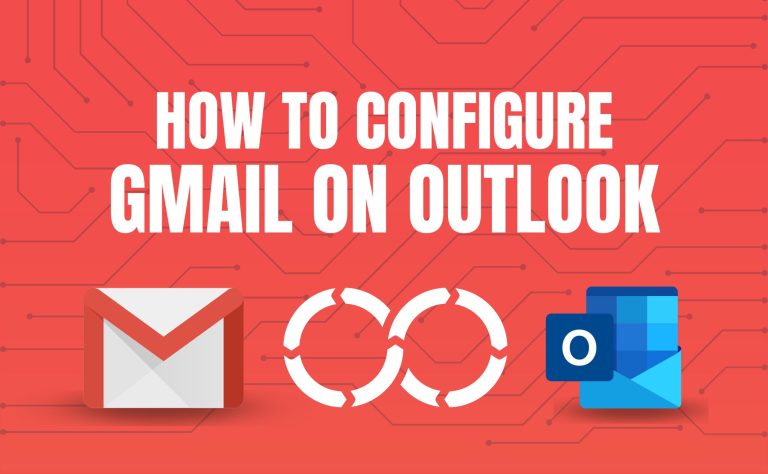Outdoor Event Security: Ensuring Safety and Peace of Mind
Hosting an outdoor event is an exciting endeavor that brings people together for memorable experiences. However, it’s crucial to prioritize the safety and security of attendees, staff, and the venue itself. With the rising risks and challenges associated with outdoor events, implementing effective security measures is essential. In this comprehensive guide, we will explore the key aspects of outdoor event security and provide valuable insights to help you plan and execute a secure and successful event.

Assessments and Pre-Planning: Identifying Vulnerabilities
Before diving into the specifics of outdoor event security, it is crucial to conduct thorough assessments and pre-planning. Assessing the event area helps identify vulnerabilities, potential trouble zones, and areas that may be challenging to secure. This step becomes even more critical when dealing with outdoor venues.
During the assessment process, pay close attention to areas such as potential chokepoints for pedestrian and vehicle traffic, blind spots for surveillance equipment, and areas where troublemakers may hide. Identifying these areas of concern allows you to develop strategies to mitigate risks effectively.
Furthermore, it is essential to identify gathering places and evacuation sites in case of emergencies. Having designated areas for attendees to assemble or evacuate can minimize panic and ensure a swift response if the worst-case scenario unfolds.
Coordinating and Communicating: The Key to Effective Security
Effective coordination and communication are vital components of any outdoor event security plan. Establishing an open line of communication between the operations center and the field security team enables faster emergency response, especially in large and expansive outdoor areas.
One crucial step is to establish a communication scheme that differentiates between minor chatter and major crises or urgent issues. Allocating specific channels for different types of communication ensures that critical information is relayed promptly and efficiently.
In addition to communication channels, it is crucial to designate security centers throughout the event area. The location of these centers should be strategically chosen, considering factors such as proximity to potential trouble zones and accessibility for quick response and coordination.
Logistical Support: Ensuring Smooth Operations
Logistics play a significant role in the effectiveness of any security plan. It involves supplying the security team with essential items to perform their duties and managing administrative aspects such as acquisition, maintenance, and costs.
Operational logistics focus on providing the security team with necessary equipment and resources. These may include communication devices, surveillance cameras, crowd control barriers, and first aid kits. Tailoring the operational logistics to the specific needs of your outdoor event ensures a customized and effective security approach.
On the other hand, administrative logistics involve managing the administrative aspects of event security. This includes coordinating with security service providers, ensuring proper licensing and certifications, and addressing any legal or insurance requirements.
Day-Of Security: Safeguarding Your Event
On the day of your outdoor event, implementing the right security practices is crucial to ensure the safety of your guests, staff, and the venue itself. Here are some key considerations to keep in mind:
1. Know the Venue Inside and Out
Familiarizing yourself with the venue is essential for effective security planning. Understand the layout, including all entry points and potential vulnerabilities. Identify any porous areas that might allow unauthorized access, such as back doors or windows that can be opened from the outside.
Creating a diagram of the venue can provide a visual understanding and help communicate security details to your team effectively. If the event is held outdoors, establish clear boundaries to define the event perimeter and consider using temporary fencing and barricades to enhance security.
2. Gauge Attendee Risk
While it may not be feasible to perform background checks on every attendee, it is essential to identify potential risks. Consider any controversial guest speakers or individuals associated with organizations that may attract protests or disruptive behavior. Additionally, monitor ticket purchases, particularly bulk purchases, which may indicate a higher risk of troublemakers or protestors attending the event.
3. Control the Crowd
Managing large crowds requires proper planning and coordination. Staff should be trained in crowd management techniques and be comfortable exerting authority when necessary. Some key crowd control practices include:
- Directing attendees away from exit points to ensure safe evacuation routes.
- Monitoring registration lines to prevent unauthorized access or disruptions.
- Preventing guests from entering staff-only or VIP areas.
It is crucial to ensure that the crowd size never exceeds the venue’s capacity limit. Keep a precise count of attendees, staff, and security personnel to avoid fines and potential safety hazards.
4. Assess the Potential for Large-Scale Attacks
While it is unfortunate to consider, large crowds can be attractive targets for malicious individuals. For larger events, consider employing armed security personnel as a deterrent and precautionary measure. Implement bag checks for all guests to identify any potential weapons or dangerous items.
Publicize ahead of the event that bags will be inspected for guest safety. Prohibit items that pose a risk, including weapons and certain chemical materials. Additionally, train security personnel to be vigilant for suspicious behavior, both inside and outside the venue. Encourage them to report any unusual activity, such as constant staring or individuals surveilling the venue layout.
5. Keep Communication Tight
Maintaining constant communication among your staff is crucial for effective event security. Equip each staff member with walkie-talkies to enable instant communication and coordination. If you hire a professional security detail, ensure seamless communication between your staff and the security team. Promptly report any suspicious activity to the security team and avoid direct confrontations.
Creating an event diagram in advance can be immensely helpful in sharing a visual map of the security setup with your staff. Tools like Social Tables provide event diagramming software that simplifies the process.
Event Security: A Necessity for Success
Hosting an outdoor event successfully requires meticulous planning and execution, with event security being a top priority. By prioritizing assessments and pre-planning, coordinating and communicating effectively, ensuring logistical support, and implementing day-of security measures, you can create a safe and enjoyable experience for all attendees.
Remember, security is not an afterthought but an integral part of event planning. By partnering with experienced event security companies, you can benefit from their expertise and customized solutions tailored to your unique event requirements.
Ensure the success and peace of mind of your outdoor event by prioritizing security and creating an environment where everyone can enjoy the experience without worries.
Remember, prioritizing event security is not just a legal requirement but a moral obligation to ensure the safety and well-being of all involved. Implement these strategies and guidelines to host a secure and successful outdoor event.







